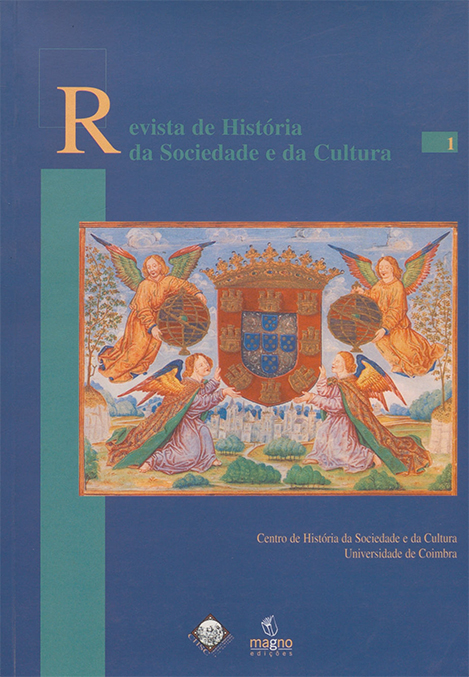The concept of State-nation
DOI:
https://doi.org/10.14195/1645-2259_1_8Keywords:
State-nation, Nation, Nationalism, Motherland, Sovereign State, Sovereignty, Territory, Political city, SecularisationAbstract
Defining the concept of the nation-state requires a diachronic approach to understand that its material emergence did not happen overnight. In Europe, it was only after the liberal revolutions that sovereignty was transferred from monarchs to the citizens, who, in turn, delegated this power to their legitimate representatives. The concept of the nation-state is linked to many other concepts, such as territory, historical memory, consensual mythology, democratic culture, shared technical and economic infrastructures, and the legal status of citizens. However, the emergence of the nation-state involved the destruction of the social and political models of the Old Regime, which established the division between subjects and monarchs. Thus, the modern idea of the Nation and the nationalism that derives from it implied a break with traditional political models and the hierarchies that were the foundations of society. Today, however, the situation is quite different, especially within the European Community. One of the symbols of national political power is being lost: national currencies are being replaced by the euro. In this context, it is legitimate to ask whether the nation-state is coming to an end, or whether, on the contrary, the European Union (whether federal or not) will manage to preserve the diversity of the nation-states.
Downloads
Downloads
Published
Issue
Section
License

This work is licensed under a Creative Commons Attribution 4.0 International License.
Authors retain copyright and grant the journal right of first publication with the work simultaneously licensed under a Creative Commons Attribution License that allows sharing the work with recognition of authorship and initial publication in Antropologia Portuguesa journal.











